This Tumblr is about autism and ADHD, and their friends.
Don't wanna be here? Send us removal request.
Quote
But on bad days, my ADHD pushes me into a dark, quiet personal world that few know exists.
June Silny
71 notes
·
View notes
Link
Excerpt:
Gaslighting is a form of psychological or emotional abuse — a series of manipulative techniques designed to gain control of another person. By blatantly and repeatedly lying or challenging reality, the gaslighters keep their victims off-kilter and make them question themselves. Many times, a person’s diagnosis of ADHD is used against him or her by the gaslighter. I have been a therapist for 20 years, and lately I have seen more and more clients with ADHD reporting being gaslighted in their relationships and at their jobs.
One of the best defenses against gaslighting is to educate yourself about this kind of emotional abuse. Adults with ADHD may be more vulnerable to gaslighting due to issues with self-esteem, difficulty with past relationships, and feelings of guilt and shame. [Tumblr edit: Not to mention the endless self-doubt!]
[...]
Sometimes bosses and coworkers take advantage of the fact that someone has ADHD. They will accuse you of being forgetful or not caring about your work.
Ask your boss or coworker to send you an email with instructions or details of an assignment. If you complete the assignment and are told later that you didn’t do what was asked, refer to that email, instead of blaming yourself.
28 notes
·
View notes
Text
“[Autistic] girls also [tend to have] fewer (or perhaps less obvious) signs of “restricted interests”—intense fixations on a particular subject such as dinosaurs or Disney films. These interests are often a key diagnostic factor on the less severe end of the spectrum, but the examples used in diagnosis often involve stereotypically “male” interests, such as train timetables and numbers. In other words, Frazier had found further evidence that girls are being missed. And a 2013 study showed that, like Frances, girls typically receive their autism diagnoses later than boys do.”
—
Maia Szalavitz
In other words, someone is still autistic even if they don’t have obvious quirky obsessions. Don’t doubt yourself or other people just because you or they don’t check all the boxes.
140 notes
·
View notes
Text
Audio processing issues: Most people don't seem to understand that even though you can hear, your brain cannot process the words that were spoken to you
1K notes
·
View notes
Quote
High rates of gender variance have been reported in autistic people, with higher variance in autistic females than males. The social component of gender identity may be affected, with autistic females experiencing lower identification with and feeling less positively about their gender groups than controls. We measured gender identification, gender self-esteem, and aspects of gender expression (masculinity and femininity) in autistic natal males and females, and controls (N = 486). We found that autistic people had lower gender identification and gender self-esteem than controls, and autistic natal females had lower gender identification than autistic natal males and natal female controls. In conclusion, autistic people, particularly natal females, had lower social identification with and more negative feelings about a gender group.
https://www.ncbi.nlm.nih.gov/pmc/articles/PMC6223803/
16 notes
·
View notes
Video
youtube
“I have what is called High Functioning Autism, which is a terrible name for what I have because it gives the impression that I function highly... I do not.”
165 notes
·
View notes
Photo
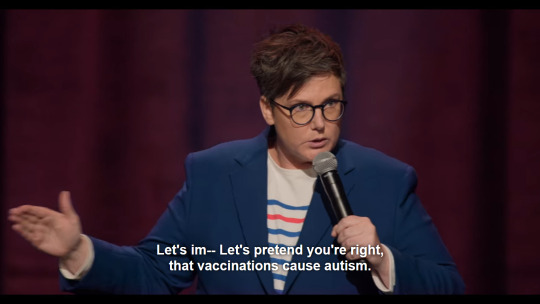
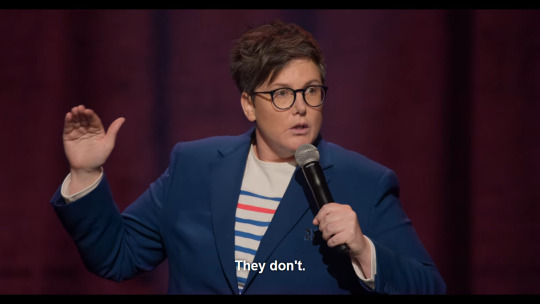

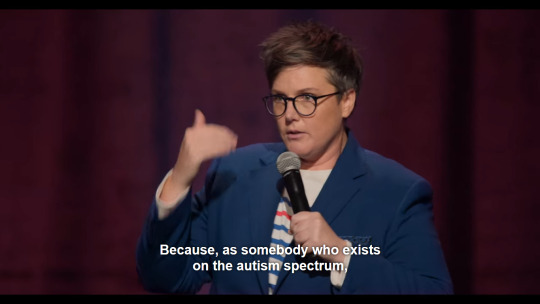
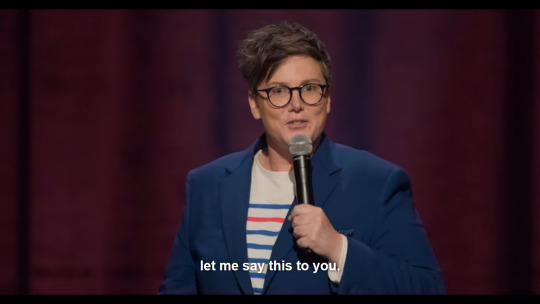
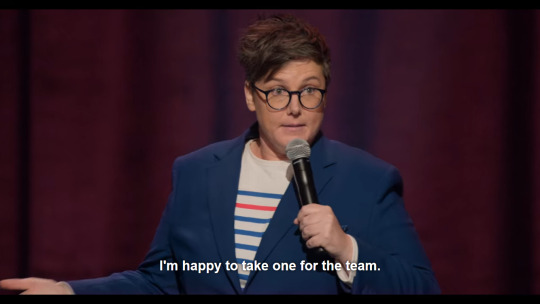

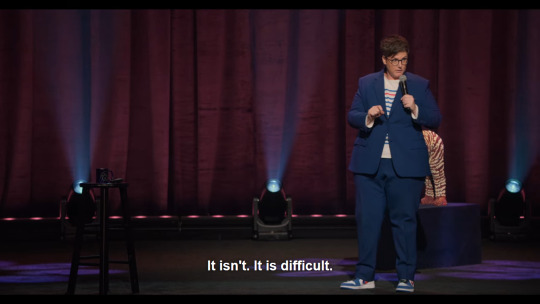
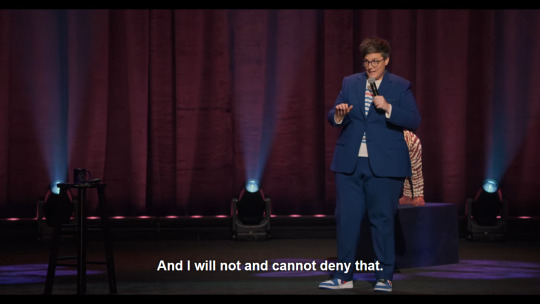
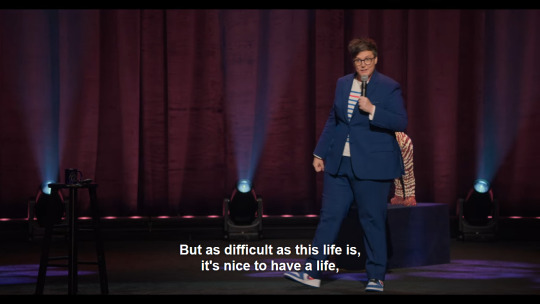
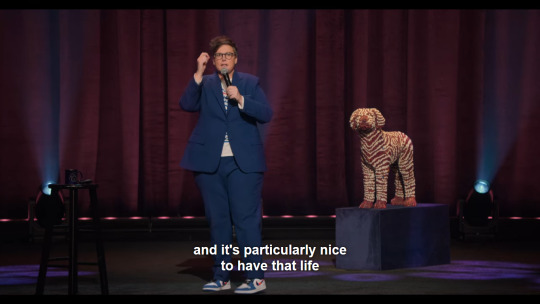
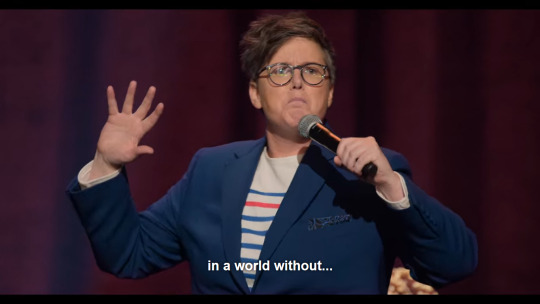
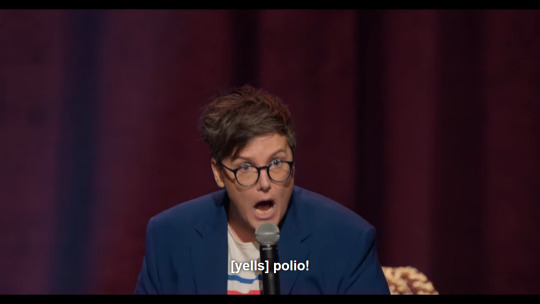

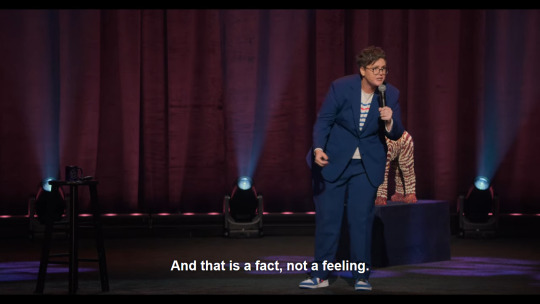
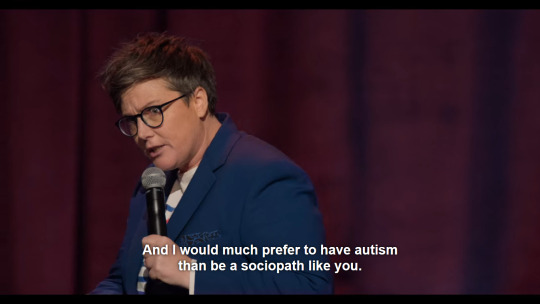

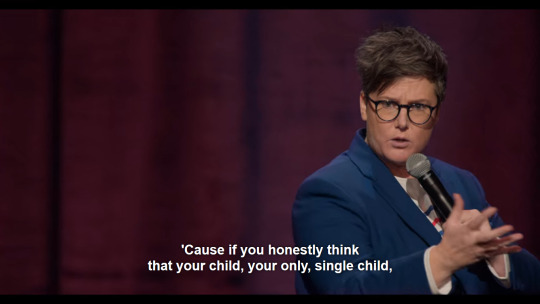
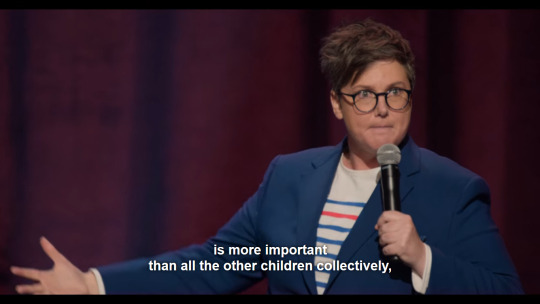

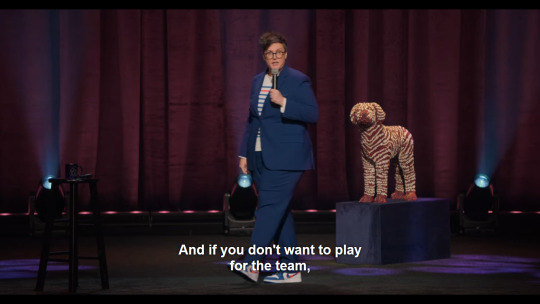


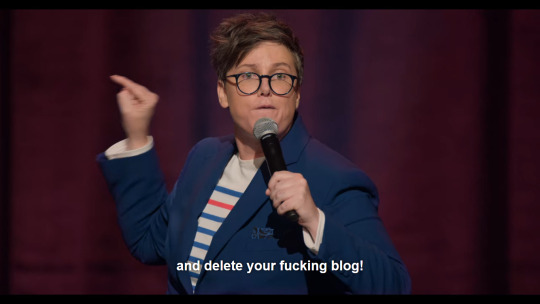
“All right, anti-vaxxers. Let’s pretend you’re right. You’re not. Pretending is not science” - Hannah Gadsby - Douglas (2020)
81K notes
·
View notes
Link
Sometimes I feel bad when neurotypicals say that I don’t seem autistic, and then I remember that the BBC had an article on front page of their website for three days asking whether autistic people could understand jokes or not.
Breaking news: Can autistic people LOL?
Neurotypicals: Omg fascinating research who knew?
15 notes
·
View notes
Quote
All people on the autism spectrum learn and develop. With the right sort of support, all can be helped to live a more fulfilling life of their own choosing.
National Autistic Society
18 notes
·
View notes
Quote
Autistic people see, hear and feel the world differently to other people. If you are autistic, you are autistic for life; autism is not an illness or disease and cannot be 'cured'. Often people feel being autistic is a fundamental aspect of their identity. Autism is a spectrum condition. All autistic people share certain difficulties, but being autistic will affect them in different ways. Some autistic people also have learning disabilities, mental health issues or other conditions, meaning people need different levels of support.
https://www.autism.org.uk/about/what-is/asd.aspx
21 notes
·
View notes
Quote
Some autistic people say the world feels overwhelming and this can cause them considerable anxiety. In particular, understanding and relating to other people, and taking part in everyday family, school, work and social life, can be harder. Other people appear to know, intuitively, how to communicate and interact with each other, yet can also struggle to build rapport with autistic people. Autistic people may wonder why they are 'different' and feel their social differences mean people don't understand them. Autistic people often do not 'look' disabled. Some parents of autistic children say that other people simply think their child is naughty, while adults find that they are misunderstood.
https://www.autism.org.uk/about/what-is/asd.aspx
10 notes
·
View notes
Photo
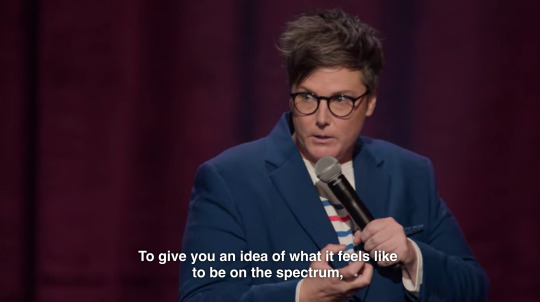
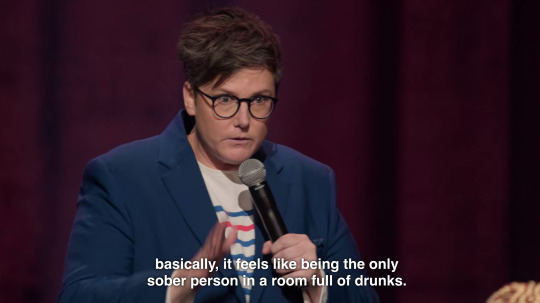




Hannah Gadsby, “Douglas” (Now on Netflix)
2K notes
·
View notes
Photo




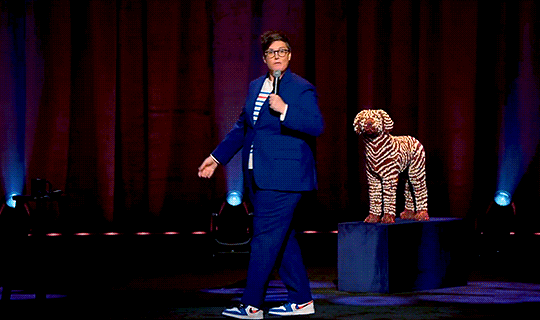
DOUGLAS | Hannah Gadsby Netflix Special (2020)
28K notes
·
View notes
Text



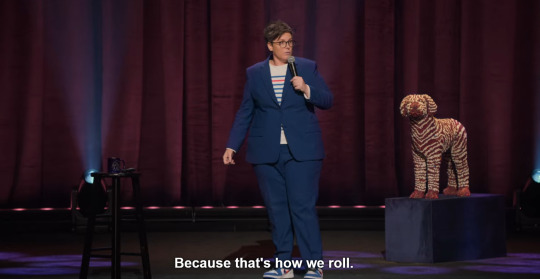
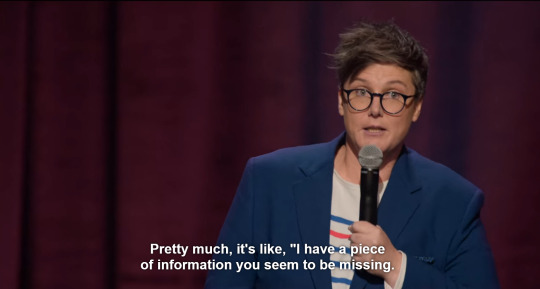
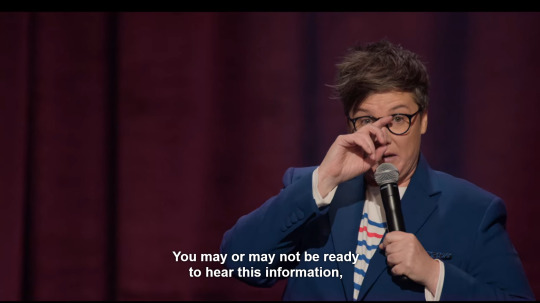
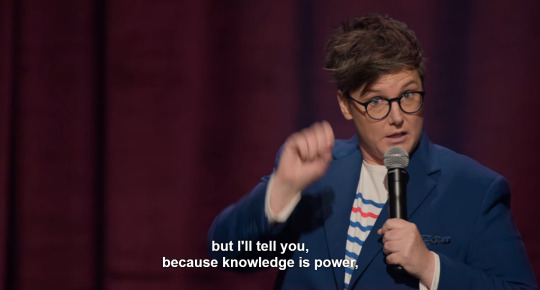

Hannah Gadsby on autism in her new special, Douglas which is on Netflix
7K notes
·
View notes
Link
A converging body of clinical and empirical reports indicates that autism features elevated rates of paranoia comparable to those of individuals with paranoid schizophrenia. However, the distinct developmental courses and symptom manifestations of these two disorders suggest that the nature of paranoid ideation may differ between them in important and meaningful ways. To evaluate this hypothesis, we compared patterns of responses on the Paranoia Scale between actively paranoid individuals with schizophrenia (SCZP), individuals with schizophrenia who were not actively paranoid (SCZNP), adults with an Autism Spectrum Disorder (ASD), and healthy controls. Despite an overall similar level of heightened paranoia in the ASD and SCZP groups, discriminant correspondence analysis (DiCA) revealed that these groups were characterized by unique underlying factors. Paranoia in the SCZP group was defined by a factor based upon victimization, suspicion, and threat of harm. Whereas paranoia in the ASD group was partially characterized by this factor, it was distinguished from SCZP by an additional pattern of responses reflective of increased social cynicism. These findings indicate that paranoia in ASD is supported by qualitative factors distinct from schizophrenia and highlight mechanistic differences in the formation of paranoid ideation that may inform the development of disorder-specific treatments.
8 notes
·
View notes
Quote
We become familiar with other people’s internal worlds through our private theories of their minds.
James Barnes
8 notes
·
View notes
Quote
Without the fictive reference point of “normal,” functioning labels - “high-functioning Autism” and “low-functioning Autism” - are also revealed to be absurd fictions. “High-functioning” or “low-functioning” compared to what? Who gets to decide what the proper “function” of any individual human should be?
From Throw Away the Master’s Tools: Liberating Ourselves from the Pathology Paradigm by Nick Walker in the book Loud Hands: Autistic People, Speaking (via waterivy)
375 notes
·
View notes